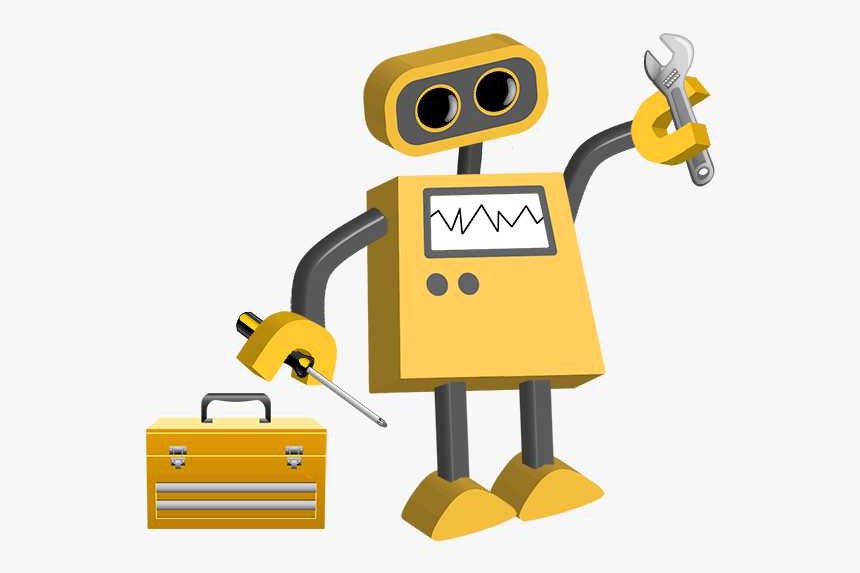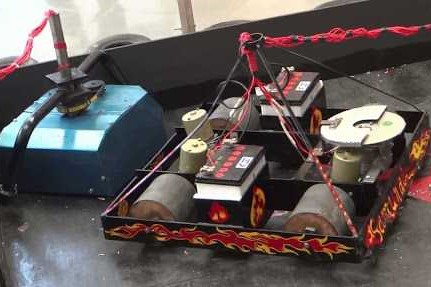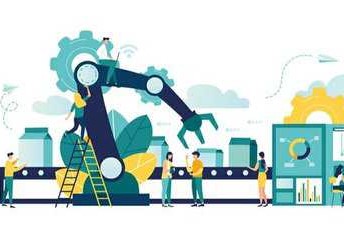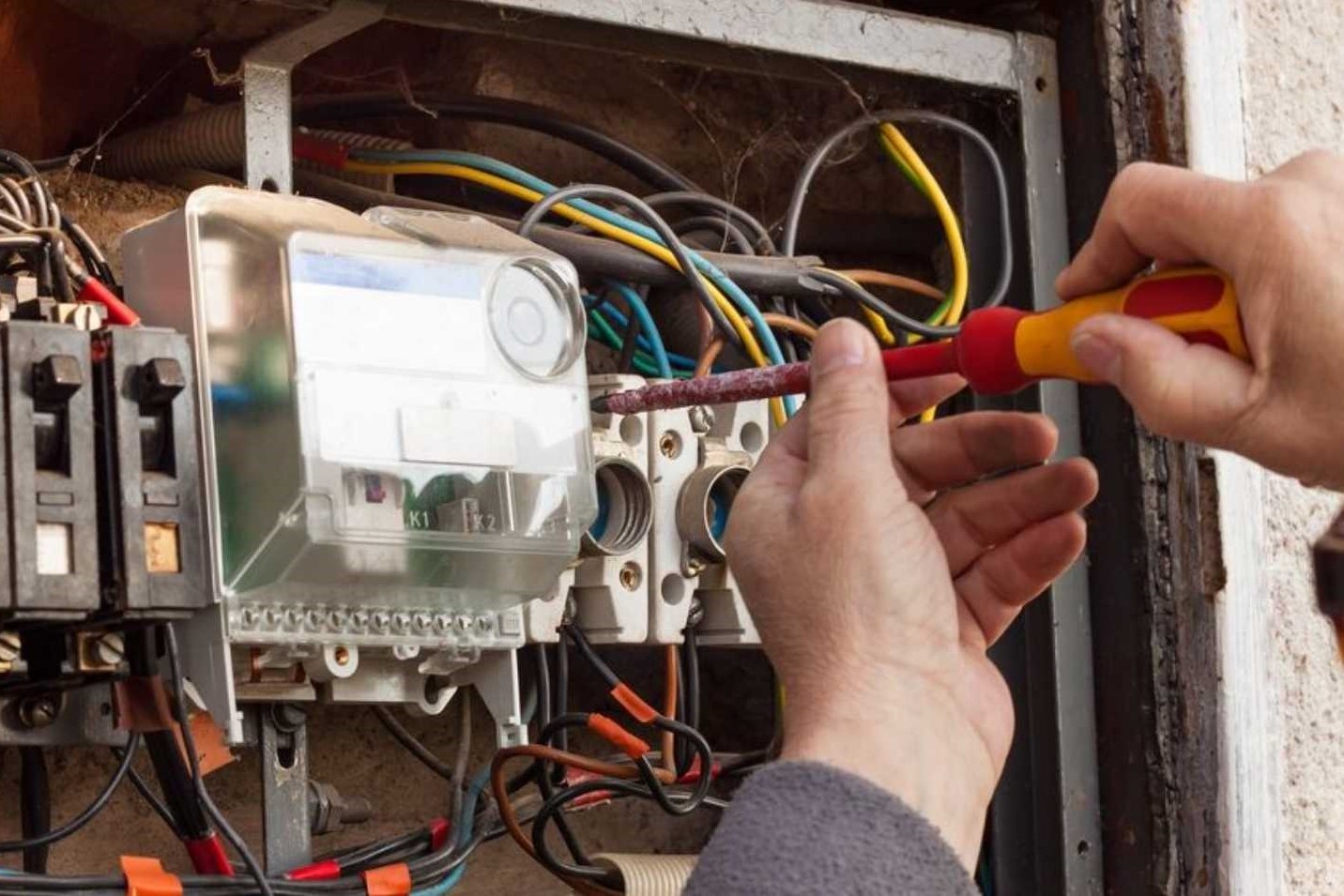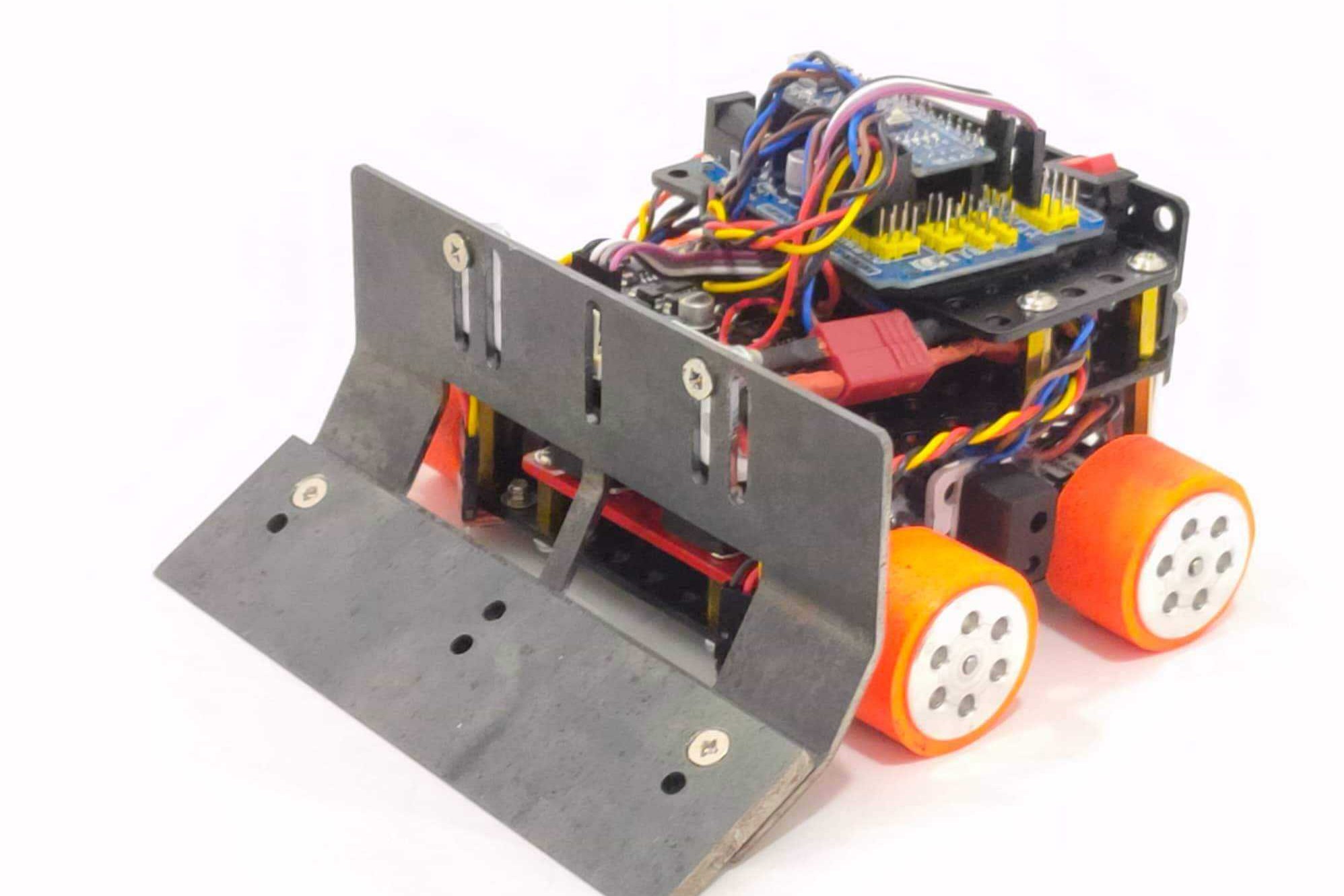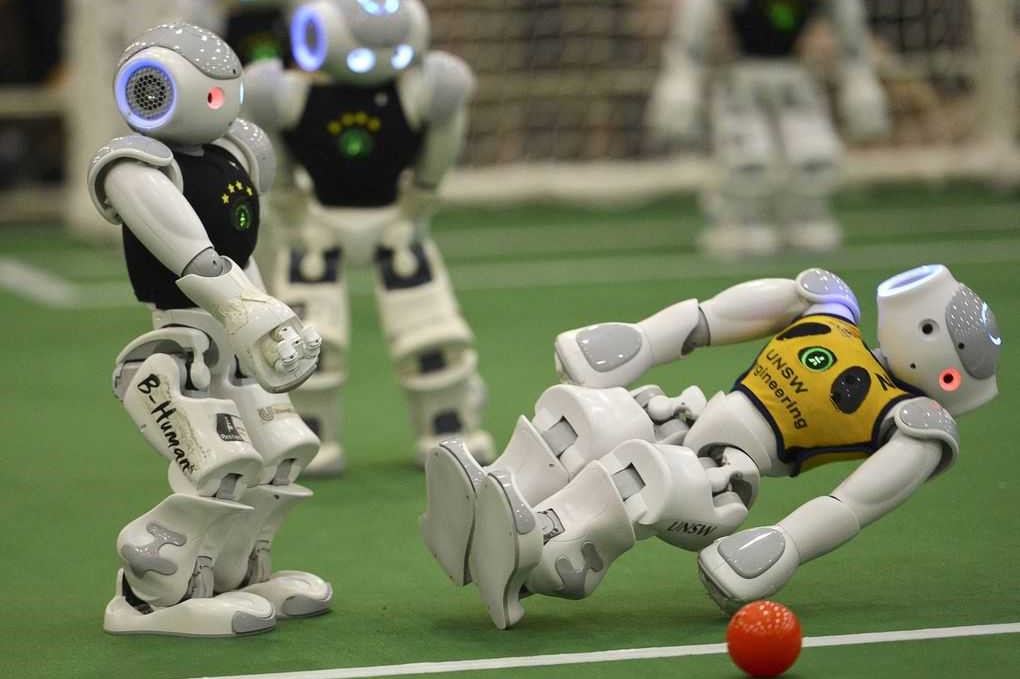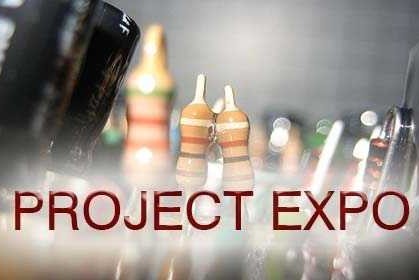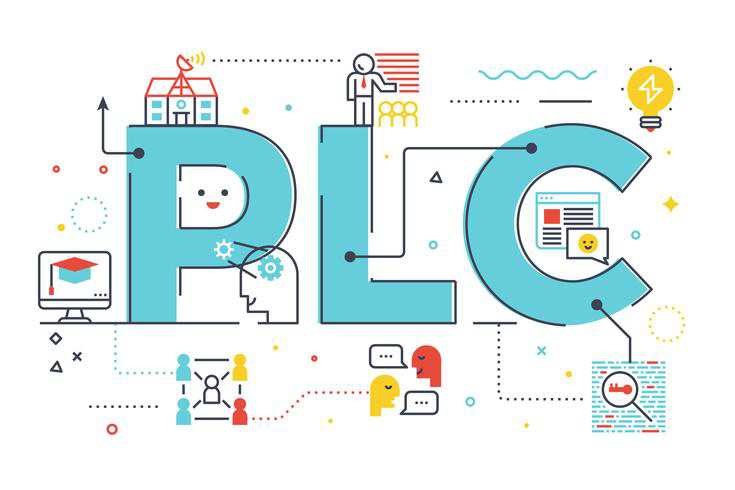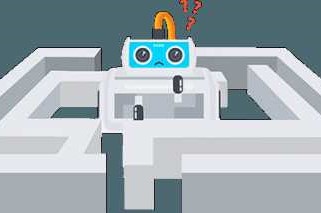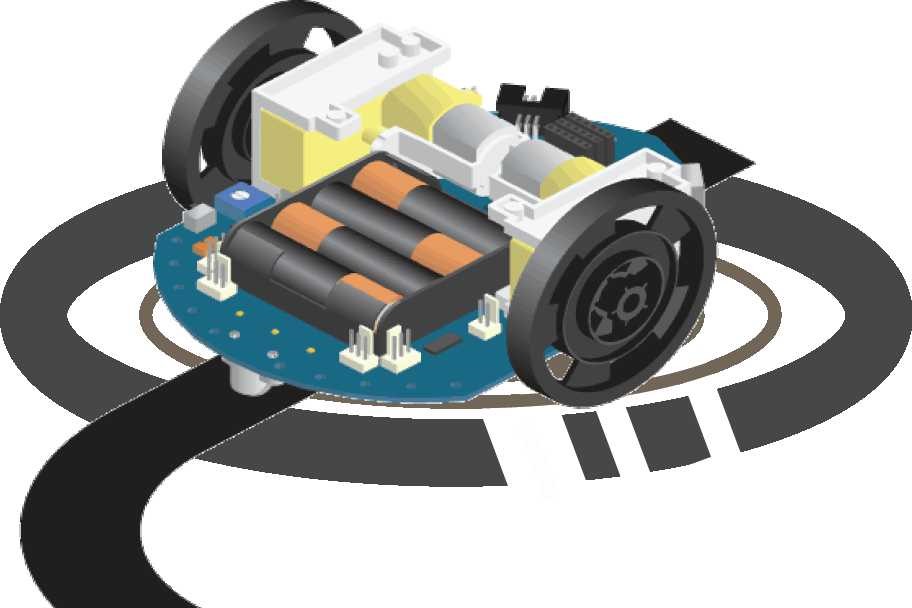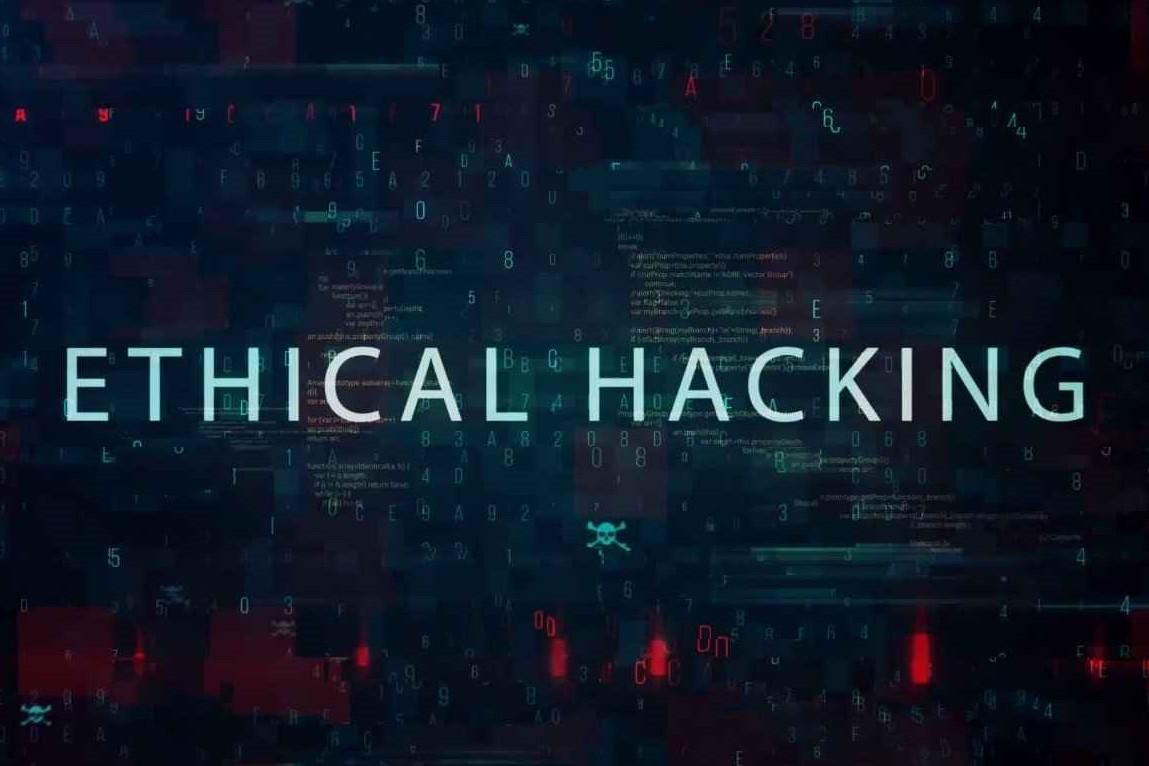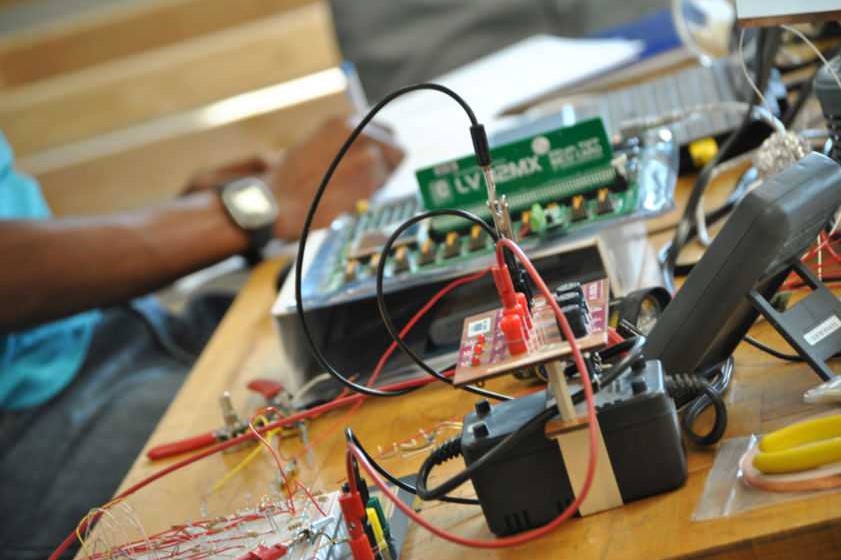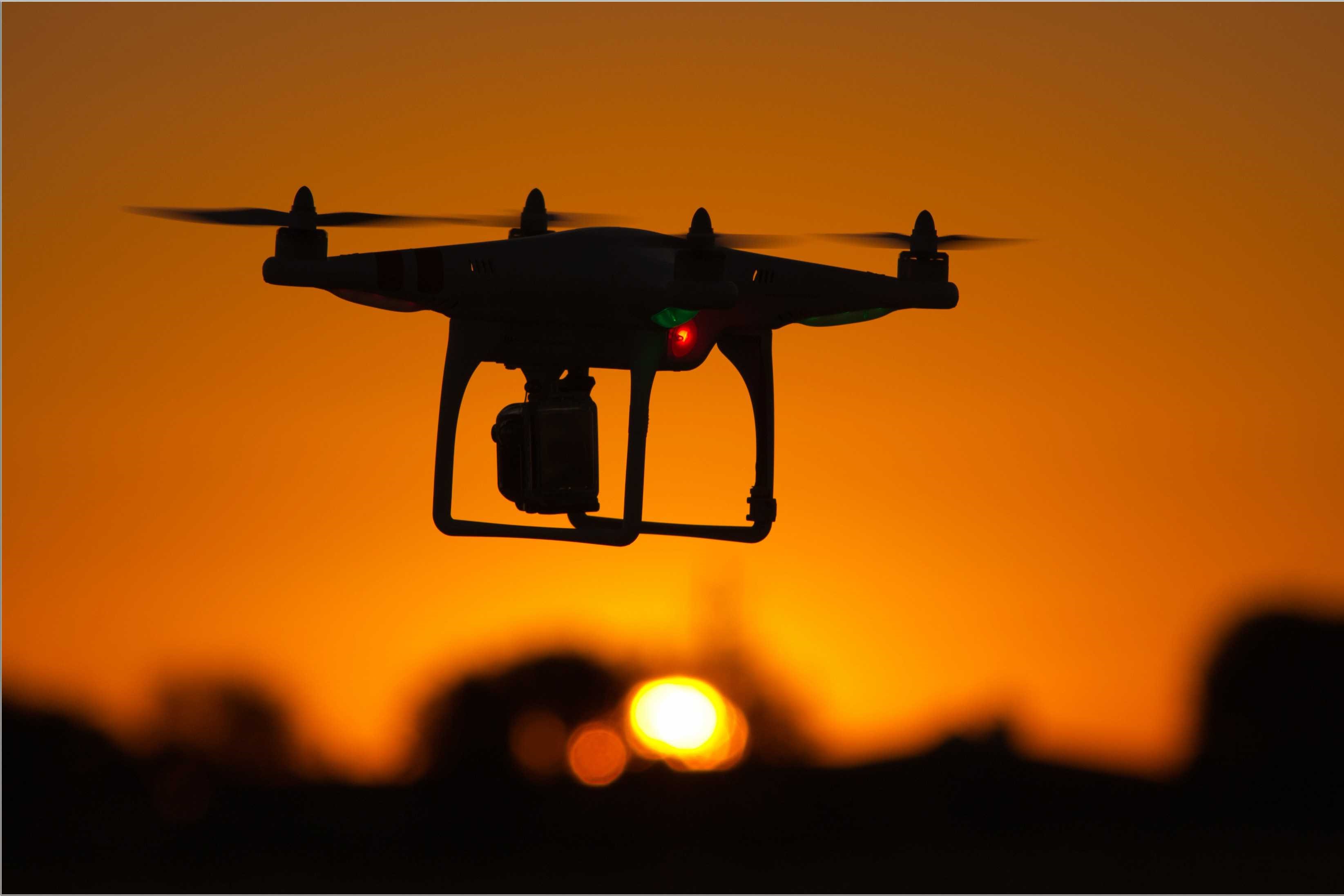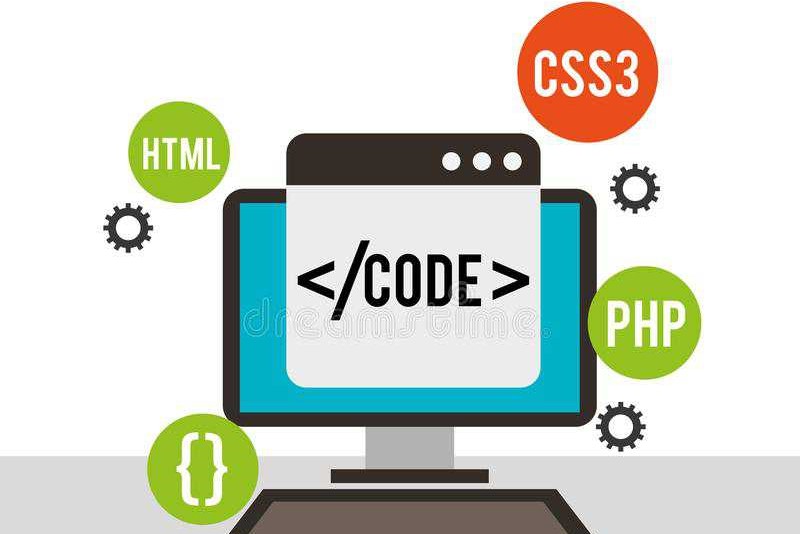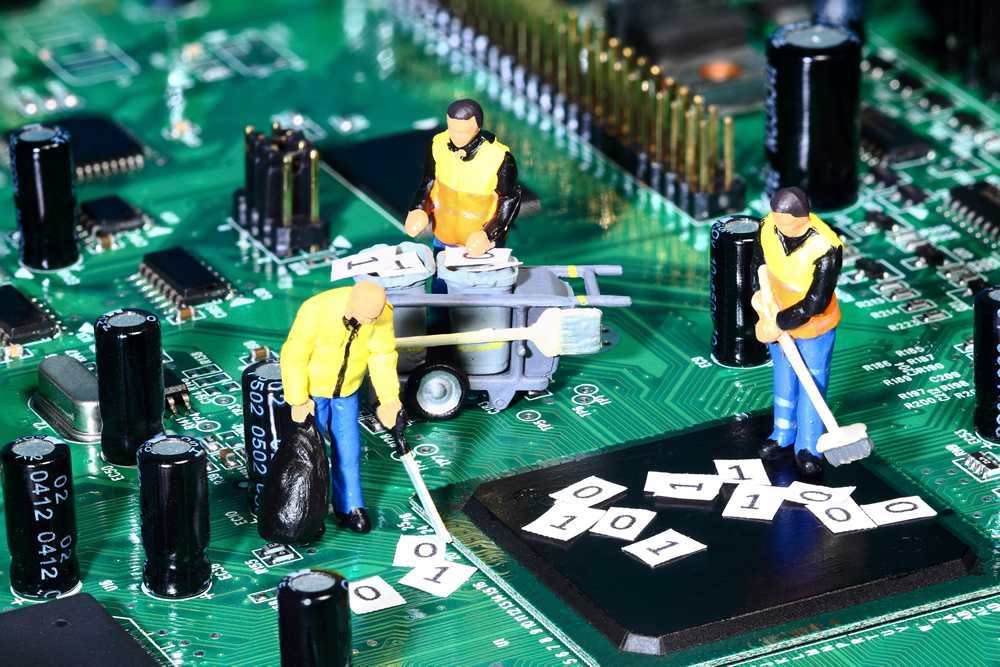Events
Events play a vital role in human society. The least excuse could be found for good forms of celebrations. Events are planned acts and performances, which originates from ancient history. Events and festivals are well documented in the historical era before the fall of the Western Roman Empire. They serve important function for the society, providing participants with the opportunity to assert their identities and to share rituals and celebrations with each other.
Events have its branch from cultural and historical values. In the middle ages, events and ceremonies played a major role in ensuring that a dull daily existence was cheered and that people was entertained. They have also participated in other major events staged by rulers of ancient time. In modern societies, traditional religious and national festivals are no longer a key focus for celebrations and gatherings. An event is any gathering that occurs at a given time in a given place. It is an occurrence, a significant gathering that takes place in a social setting. However, there are no standardized definitions of what is an event. An event is “a unique moment in time celebrated with ceremony and ritual to satisfy specific needs”.
All events start with an idea. The idea describes the event in its simplest forms. Concepts are clear statements that give meaning and parameters to an event idea. Defining an event concept is a creative process. The 5 W’s: WHO, WHAT, WHY, WHEN and WHERE, are tools used for transforming an idea into a concept. The W’s helps to know if an event idea is feasible, viable and sustainable. Those questions are crucial as they shape the event design and reflect the event purpose.
WHO: Events bring together people who deliver the event experience? Those people include suppliers, stakeholders, audience, planers and so on. For events to be successful it is important to determine who is responsible for what. Also, communication should flow smoothly among all people involved as events have impacts on wider communities.
WHAT: Events experiences includes organizational teams that designs the contents of the event. This process is time consuming. By creating a mission statement specific goals and needs are set up. The mission statement defines the objective and assists in establishing the event in the wider external context.
WHY: It is important to consider why an event is happening. Consider the purpose of the event. All events have a purpose, whether it is an inaugural ceremony, cultural festival or a political meeting.
WHEN: Timing of events is a critical factor for its success. In the design and development stage, planning process, including research, funding, marketing and design has to be considered. In the event delivery process venue availability, production timelines, performers, customers, competing events and supplier availability needs to be taken into account.
WHERE: The location of the event needs to be considered. The choice of venues depends on type of events, organizations budget and accessibility to the public.
The event industry is seen as a service industry. Events have the same characteristics as services. They are:
- Intangible – Customers enjoy the benefits and enjoyment of the event, but they can’t touch the event
- Perishable- The benefits and enjoyment cannot be stored and carried forward to a future time. It has to be enjoyed on the spot.
- Inseparable- It takes event organizers and customers to make an event happen
- Consistent- It is important to offer consistent products and services as today’s customers are looking for consistency
- Lack of ownership- Events do not belong to anyone. They are temporarily enjoyed by many.

.jpg)

